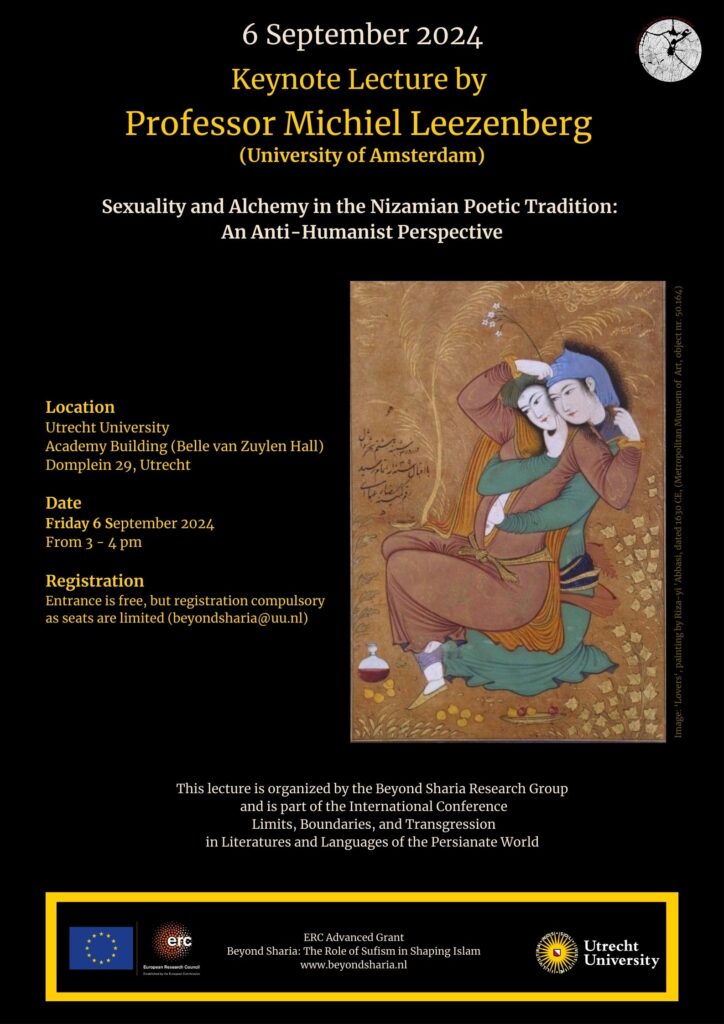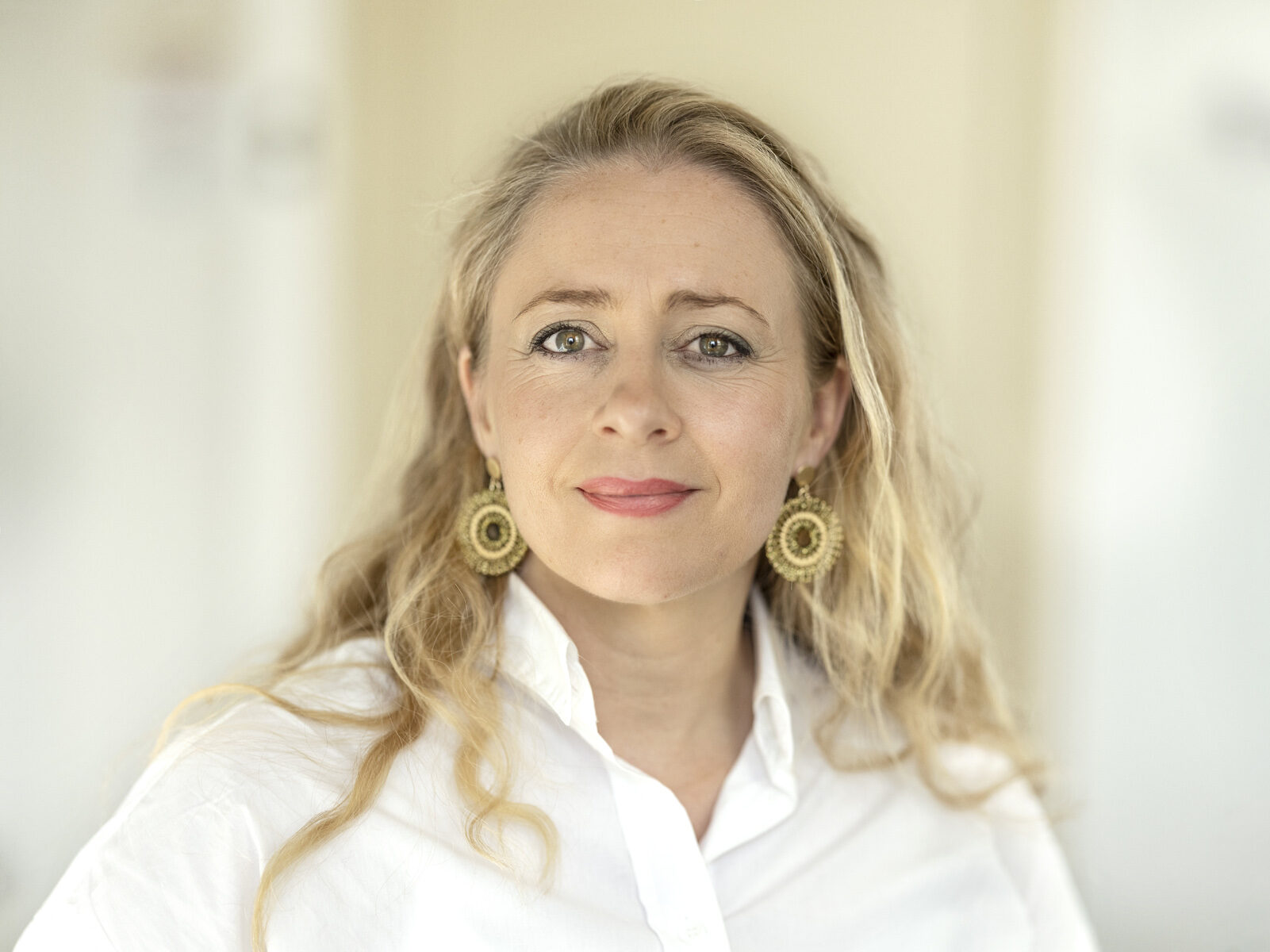On Friday 6 September Professor Michiel Leezenberg will be a keynote lecturer at our conference ‘Limits, Boundaries, and Transgression in Literatures and Languages of the Persianate World’ and will give a lecture entitled Sexuality and Alchemy in the Nizamian Poetic Tradition: An Anti-Humanist Perspective.
The Classical Persian, and Persianate, poetic tradition has been labeled ‘humanist’ by authors like Johann-Christoph Bürgel and Hamid Dabashi, for presumably preaching a form of non-violence and for presumably steering clear of religion and religious learning. Neither position, Michiel Leezenberg argues, is entirely tenable. In his talk, he will explore Nizami’s work and the tradition of love poetry it has inspired from what one may call an ‘anti-humanist’ perspective, which explicates and questions humanist assumptions in readings of classical literature. Leezenberg will take his starting point from Michel Foucault’s work on the history of sexuality. Already in a famous earlier essay, ‘Preface to Transgression,’ Foucault had argued that in the modern (and presumably secularized) world, sex is the sole remaining profanation in a world that no longer sees a positive role for the sacred; but also in desecularized and premodern settings, sexuality is the ultimately transgressive experience, reaching – and crossing – the limits of the law, consciousness, and language.
In his paper, Leezenberg will argue in what ways sexuality is a transgressive experience in the mathnawî romance poems of Nizami and later authors like Jami, Fuzuli, and Xanî. These later authors, it turns out, characterize love and sexuality in rather more explicit philosophical terms, and tell their stories in rather more explicit mystical vocabulary. Yet, they are not simply antinomian: significantly, Jami and his followers were members of the Naqshbandiyya tariqa, a Sufi order known for its emphasis on a strict adherence to the sharî‘a. At the same time, early Naqshbandîs like Jami were staunch defenders of Ibn ‘Arabî’s wahdat al–wujûd, and enthusiastic practitioners of, and believers in, alchemy. Alchemical processes are at times described in overtly gendered and sexualized terms; conversely, sexual encounters may be characterized in alchemical language of amalgamation and transmutation. Not only sexuality, however, but also sexual abstinence or virginity (which, it should be kept in mind, is not a traditional Islamic ideal) is characterized in the alchemical language of self-transformation and transmutation. Thus, in this poetic tradition, we may see both sexuality and virginity as transgressive experiences in so far as they involve a transformation of the self and a transgression of the boundaries of what it is to be human.
To see the programme of the conference click here.
You are all welcome to join this fascinating lecture!

Location
Utrecht University, Academy Building (Belle van Zuylen Hall), Domplein 29, Utrecht
Date
Friday 6 September 2024, from 3 – 4 pm
Registration
Please register below to attend this conference. The lectures will not be livestreamed and can only be attended on location at Utrecht University. Registration is compulsory as seats are limited. Entrance is free!
Image: Painting by Riza-yi ‘Abbasi | The Lovers | The Metropolitan Museum of Art (metmuseum.org)

